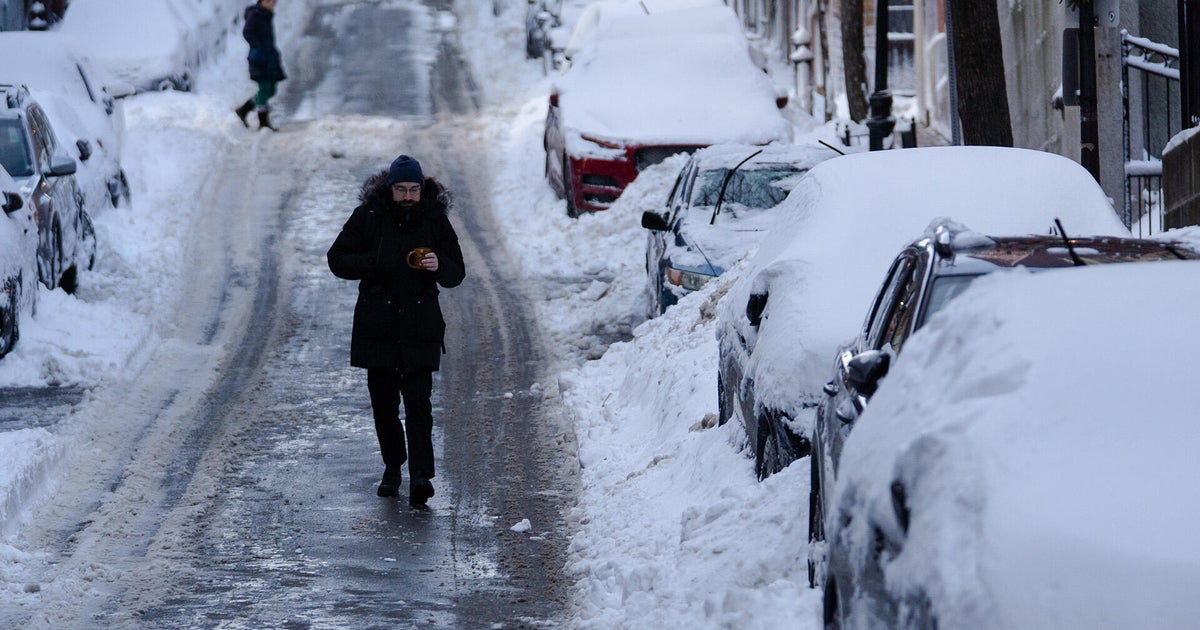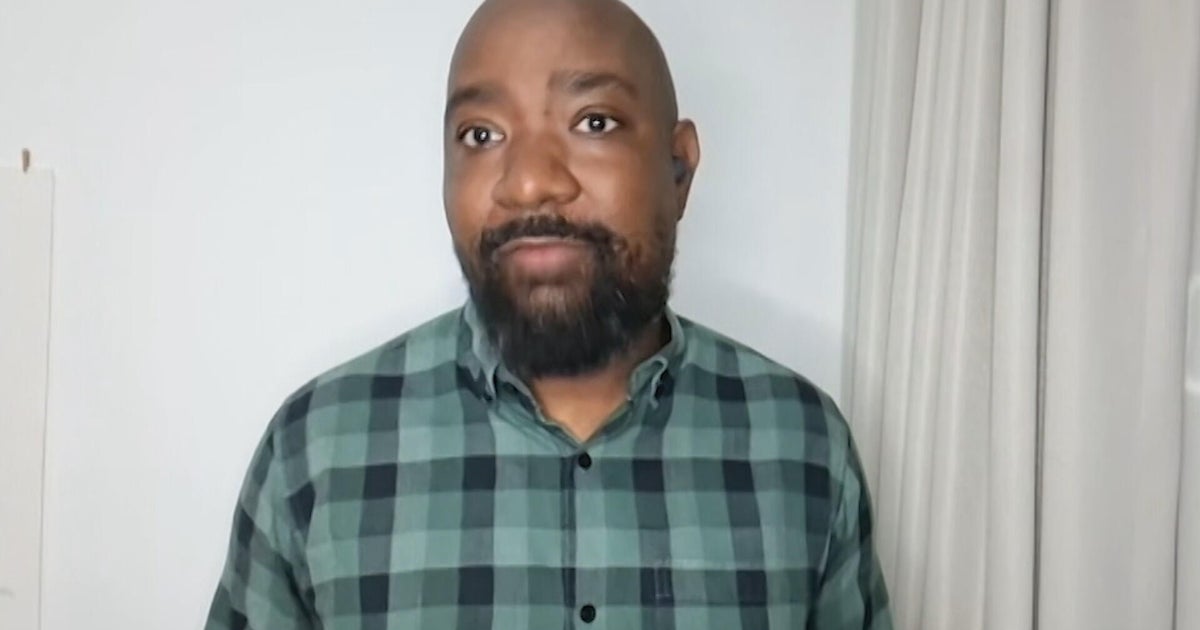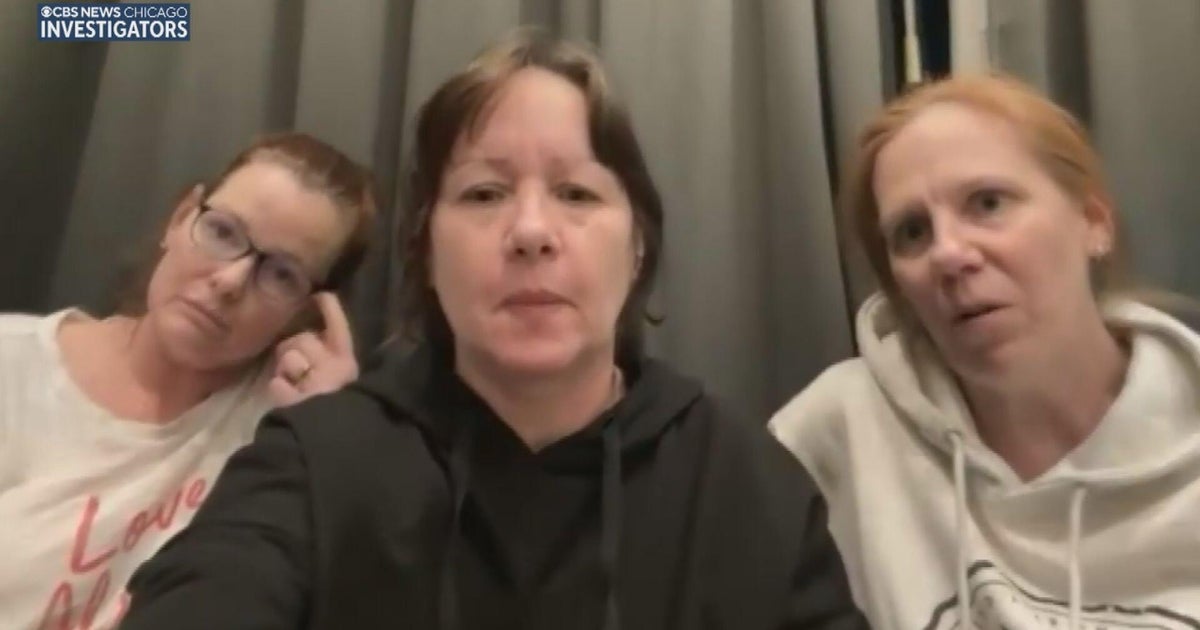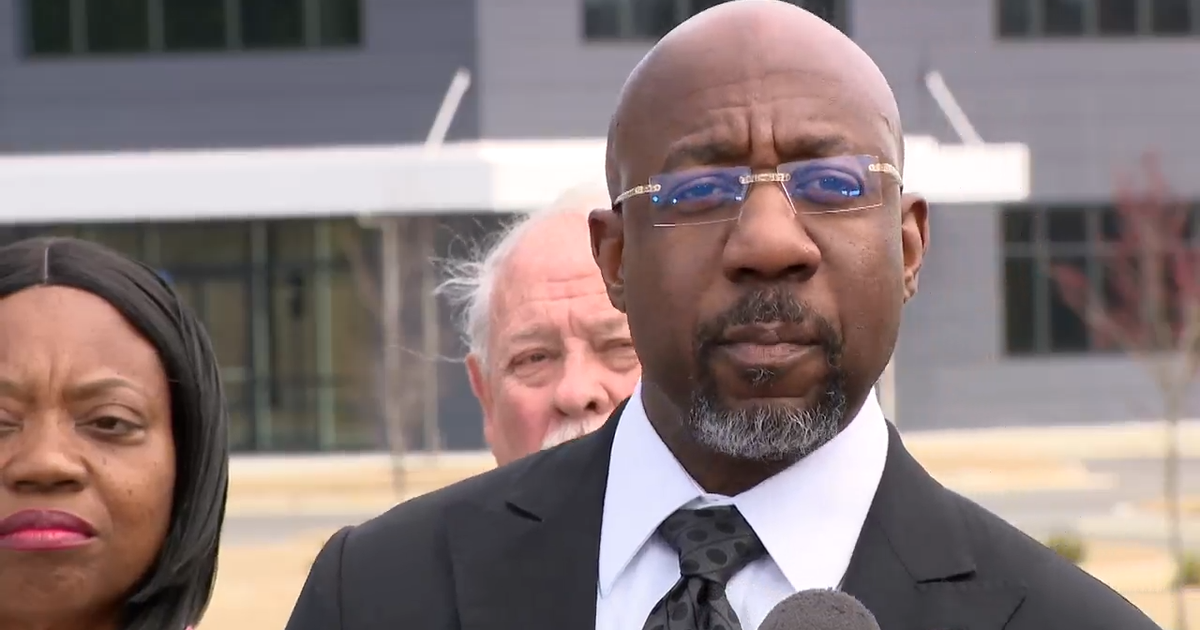'Masking' Emotions: Psychologist Gives Insight On Mask-Shaming Amid Pandemic
SACRAMENTO (CBS13) — These days when people head out of the house, they make sure they have their phone, wallet, keys, and now, their mask. But not everyone feels face coverings are important to use.
Masks have seemingly become a symbol of division among people as people get shamed either way — wearing them or not.
As it's become a staple of the pandemic lifestyle, Elke Uno of West Sacramento makes sure she wears one when she grocery shops.
"I will do it because I think it will protect me and others," Uno said.
But when the virus was just ramping up, not everyone felt the same.
"I had someone laugh at me for wearing a mask back in early March," Uno said.
This issue, mask-shaming, still happens months later. Janice Marsden says she's heard of it happening on both sides.
"There are a couple of them getting mad because they're told you've got to wear a mask," Marsden said.
READ ALSO: Sacramento County Modifies Health Order, Allowing Dine-In Service At Restaurants To Resume
Whether it's by the public or by a business, some people, like Mark Torguson aren't fans of being told what to wear.
"I'm not going to wear one," Torguson said. "I think we're overreacting to this."
When it comes to these new social norms, UC Davis psychologist Cynthia Pickett says shame is the usual go-to feeling and it can go both ways.
"The adage that misery loves company is actually pretty true," Pickett said. "Humans have evolved to feel shame as a way of social control or socialization."
She says shame works subconsciously, as people try to mask other feelings they may be having, like heightened anxiety or uncertainty. Stresses these days, she says, are running high whether it's about the virus or reopening the economy.
"Follow the rules but at the same time – people are suffering," Pickett said. "I very much see both sides."
The best way to face the issue, in her advice, is by validating one another's feelings rather than shaming them for it. Let someone know they're not in the wrong for thinking differently, but explaining the important health risks of the situation.







